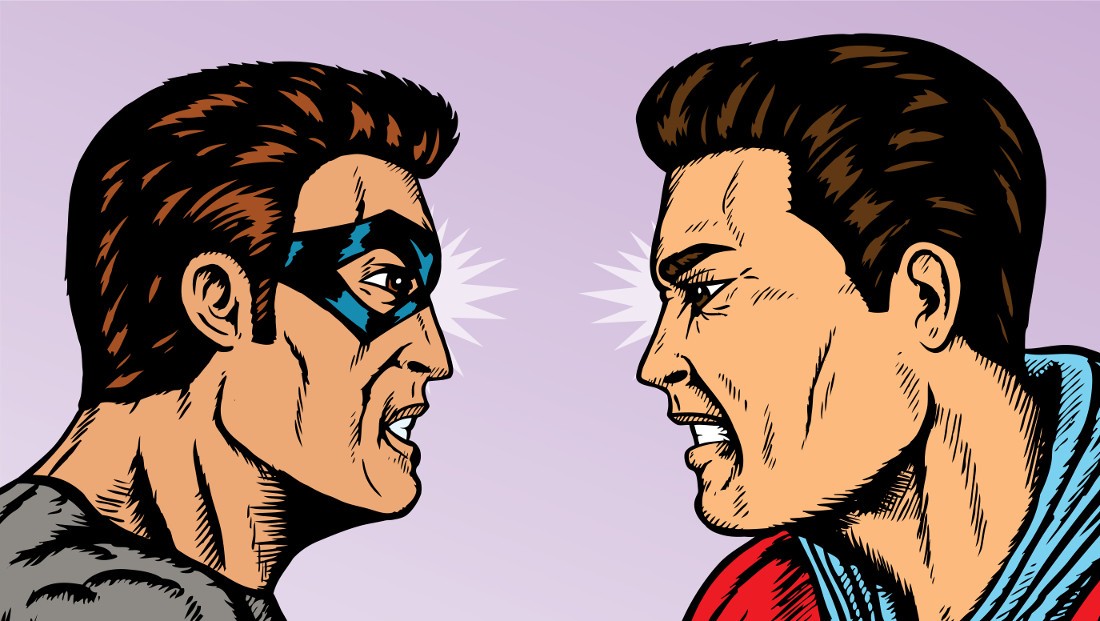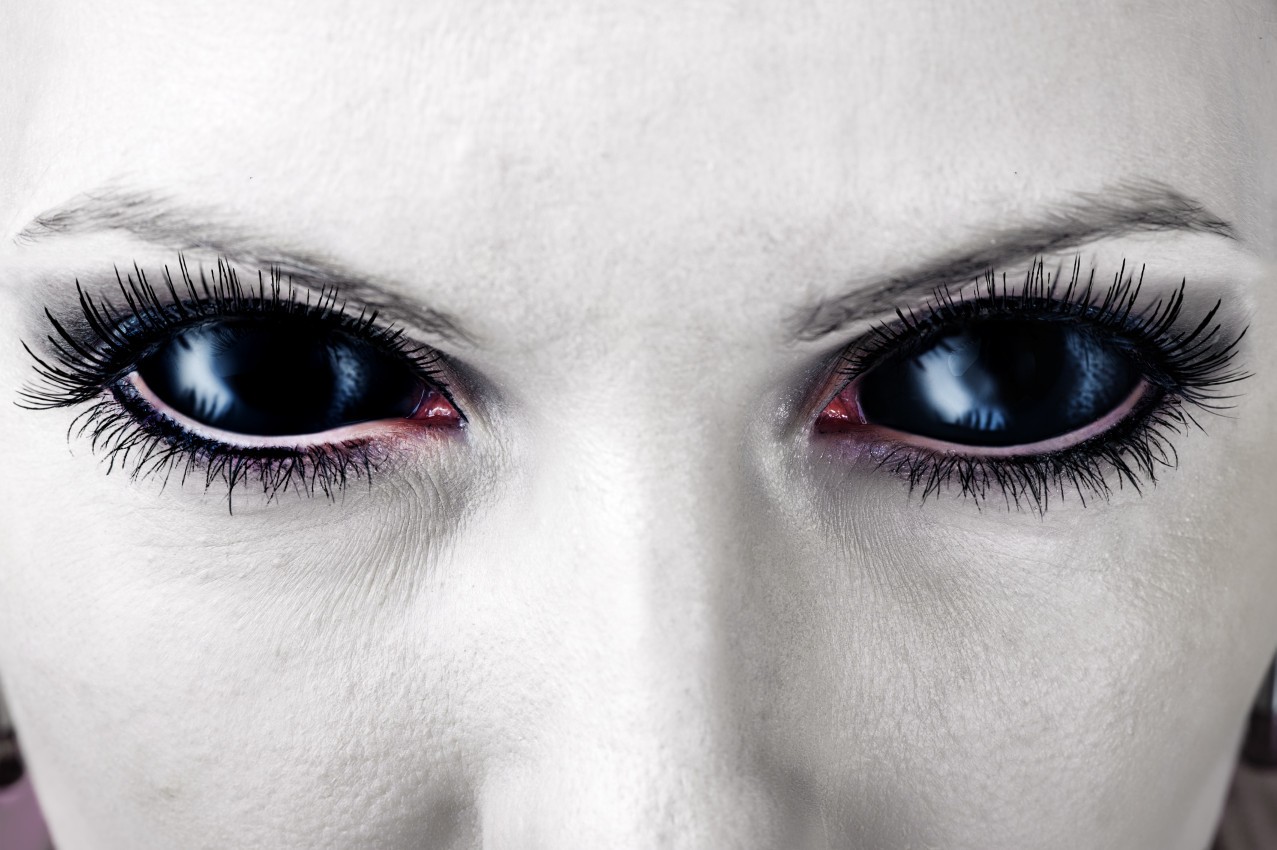Am I The Hero or The Villain?

In literature, there are two roles that manifest themselves over and over again: the hero and the villain.
The hero is the one who’s not only content with living a decent life, but goes above and beyond. The hero doesn’t just meet but exceeds expectations. The hero goes out of his way to save the day.
The villain is the one who not only does evil, but revels in it. The villain doesn’t simply do wrong out of weakness, but finds his purpose in the pain and suffering of others.
The friction between the hero and the villain is fierce, and it sparks the fire that fuels countless stories. Both the hero and the villain tell us something about the nature of humanity; they teach us about the internal forces that motivate our thoughts and actions.
Therefore, when considering who you relate to, you might ask yourself, “am I the hero or the villain?”
Evidence That You’re the Hero
Have you ever stood up for a just cause? It might have been a principle you believed in deeply. Or perhaps you defended a friend or loved one against bullying, gossip or slander. Maybe, in a remarkable feat of love and courage, you went so far as to stand up for a total stranger.
Have you ever loved at the expense of your personal needs and desires? You might have been a friend, a son, a daughter, a father, a mother or a spouse. Maybe you’ve dedicated your life to raising a family.
Have you ever given to someone in need? You might have provided for someone’s material necessities by donating money, food or clothing. Or perhaps you attended to someone’s emotional necessities by providing a shoulder to cry on. Maybe you were present in someone’s life when they were in need of comfort. You might have given something as simple as a smile.
Have you ever found something valuable, discovered who it belonged to and returned it instead of keeping it for yourself?
Have you ever expressed simple gratitude for what you have instead of taking it for granted? Even better, have you ever expressed your gratitude for someone else’s success, instead of envying them for it?
Have you ever been tempted by evil, but refused to act because you knew it was wrong?
While this is by no means an exhaustive list, if you answered yes to any of the questions above, then without a doubt you have played the part of the hero.
Evidence That You’re the Villain
Have you ever been a bully? Have you ever attacked and injured another, either with your thoughts or with your words?
Have you ever stood by and allowed something evil to take place when it was within your power to stop it? You might have refused to stand up for something you believe in, or you might have looked the other way while someone was under attack.
Have you ever stolen something that didn’t belong to you? It might have been worth as much as one thousand dollars or as little as one.
Have you ever lied to someone about something they had the right to know? Perhaps you were scared and wanted to avoid getting in trouble.
Have you ever spent an inordinate amount of time chasing after material wealth at the expense of family and friends?
Have you ever ignored a loved one, friend or stranger in need? Perhaps the need was material and you chose not to give food or money when you could have afforded to do so. Perhaps the need was emotional and you refused to acknowledge them or give them comfort.
Have you ever used someone as a tool for personal gain?
Have you ever harbored a grudge or sought vengeance against another?
Have you ever willfully desired that grave misfortune or harm befall another? Worse, have you ever acted on that desire?
If you answered yes to any of the questions above, then you have certainly played the part of the villain.
“I’m Confused.”
If you were honest with yourself, you probably found evidence that you were both. So, which is it? Are you the hero or the villain?
In practice, the terms hero and villain are relative. The archetypes are two ends of a vast spectrum, with each of us residing somewhere in-between.

Becoming The Hero
While none of us will ever be the archetypal hero we desire to be, with hard work and dedication, we can come close. It’s a slow but fruitful journey from one end of the spectrum to the other, a road paved with self examination and good works.
Everyday, you must sit down with yourself and ask, “how have I been the villain?” You must be honest and you must be willing to face some ugly truths. When you have the answers you seek, you must actively work to purge those villainous desires from your heart so that the next day, you can be better than you were the day before. If you make this a frequent habit, you will find in the fullness of time that you have drifted remarkably close to the role of the hero.
What Exactly Is A Hero?
To be a hero, you need not fight crime or pull people from burning buildings. You must only be courageous enough to recognize and face the villain within yourself, to turn your back on him by doing good. Extraordinary feats of bravery are certainly heroic, but they are not the criteria by which heroism is defined.
There are silent heroes all around us. They are the ones who love. They are the ones who attend to others. They are the ones who do their part to make their small corner of the world a better place.
The archetypal hero is an ideal that we will never fully realize in this life. But that doesn’t mean we can’t come close.
Enter your email address and click "Submit" to subscribe and receive The Sign.
